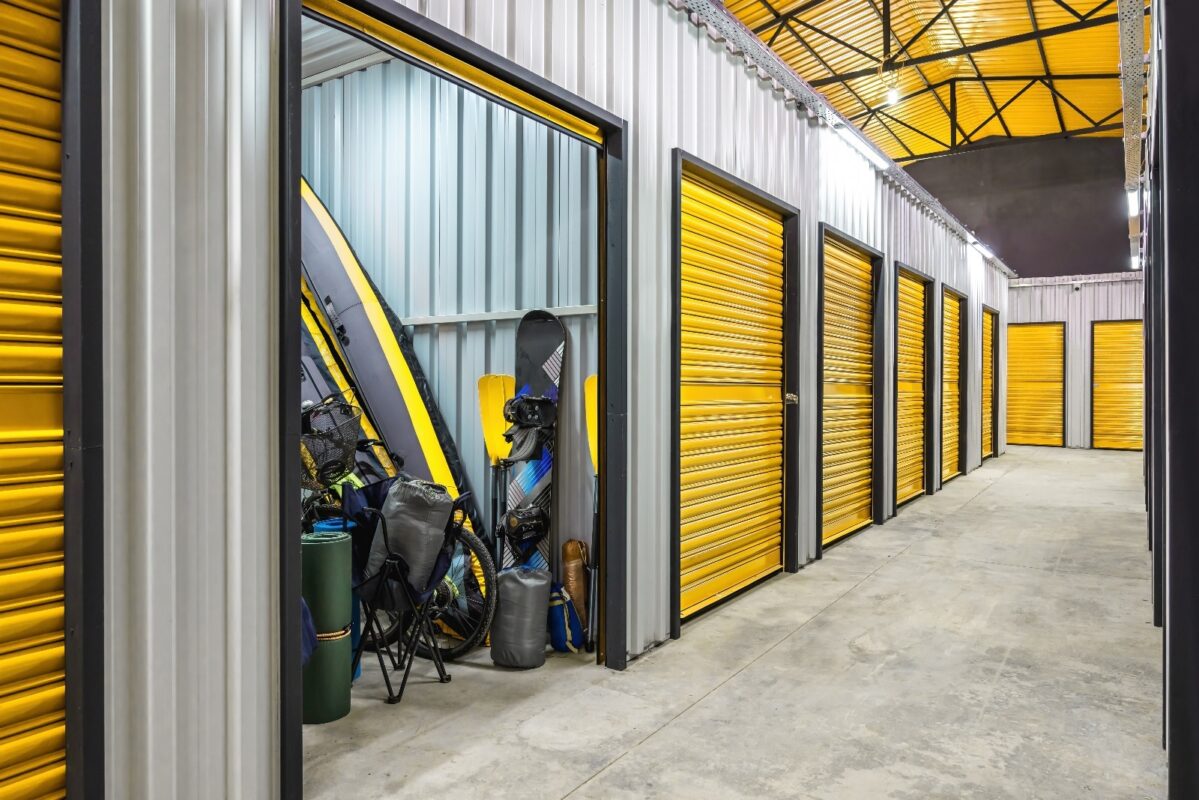Investing in self-storage properties can be a lucrative venture, but it requires a meticulous approach to underwriting. An operator’s ability to assess a potential deal accurately can make the difference between a profitable investment and a costly mistake. In this article, we delve into the critical aspects that operators examine when underwriting a self-storage deal, including unit pricing, competition analysis, data accuracy, expense management, income growth potential, and the cost of capital.
-
Unit Pricing vs. Market Analysis
One of the first steps in underwriting a self-storage deal is comparing current unit pricing of the property to a market analysis of competition pricing. This involves evaluating the rates at which the facility’s units are currently leased compared to what the local market charges. An operator seeks to determine whether there is room for rate increases. A careful analysis helps identify opportunities to optimize revenue.
-
Expense Analysis
Effective expense analysis is crucial for identifying winners in the self-storage market. Experienced operators thoroughly know the operational expenses and are able to overlay them on the potential property while doing research on some of the property specific data like property taxes, historical utility cost and other things that may be unique to that property. This allows them to identify areas where cost efficiencies can be achieved. A seasoned operator can spot if there are opportunities for expense reduction, which can substantially impact the property’s potential.
-
Expansion Opportunities
Some self-storage properties offer significant income growth potential due to, high demand locations with expansion opportunities. Operators carefully assess these factors to determine the property’s long-term income potential. Investing in a property with expansion potential can be a strategic advantage, as it allows for enhanced returns over time.
-
Cost of Capital
The cost of capital is a fundamental consideration for operators when underwriting a self-storage deal. It refers to the cost associated with obtaining financing for the investment. Operators consistently look for lower-cost capital options in the market. Having access to low cost of capital can be a competitive advantage when buying a new storage property. An experienced operator will continually be on the watch for lower costs of capital as this cost advantage can translate into a higher return on investment in the long run.
-
Verifying Information
Accurate data is the backbone of a successful self-storage deal. Experienced operators know the importance of obtaining precise information from the seller. This includes reviewing financial statements, rent rolls, filed tax returns, utility bills, and other pertinent documents. Before closing on a self-storage property, operators dedicate significant time to verifying the information provided by the real estate agent and the seller. This involves conducting a thorough review of all provided documents and asking questions to be sure the data self-supports and makes sense. Additionally, operators conduct on-site property walkthroughs to confirm that the number of vacant units matches the rent rolls. Ensuring data accuracy is paramount to mitigating risks and making informed investment decisions.
Conclusion
Underwriting a self-storage deal is a meticulous process that requires operators to evaluate various factors, from unit pricing and competition comparison, to data accuracy and expense analysis. Seasoned operators can identify income growth opportunities and capitalize on cost-efficient capital sources, giving them a competitive advantage in the market. By conducting thorough due diligence and verifying information, operators can make informed decisions that lead to successful investments. Ultimately, the art of underwriting a self-storage deal involves a careful balance of financial analysis, market knowledge, and strategic thinking.


MORE BLOG
How to Use Market Cycles to Your Advantage in Real Estate Investing
Top Strategies for Maximizing Returns in Real Estate Investment
The Benefits and Risks of Investing in Real Estate Syndication